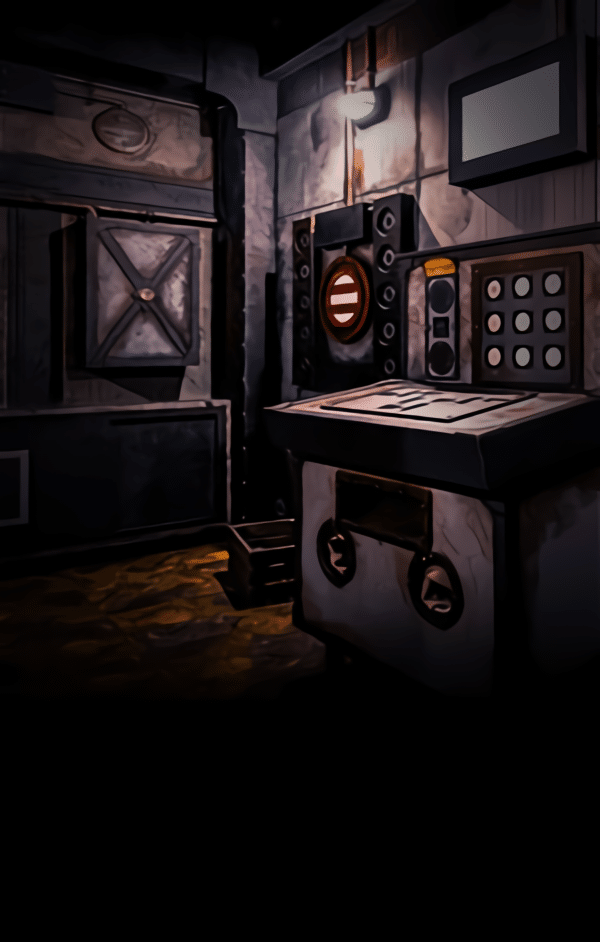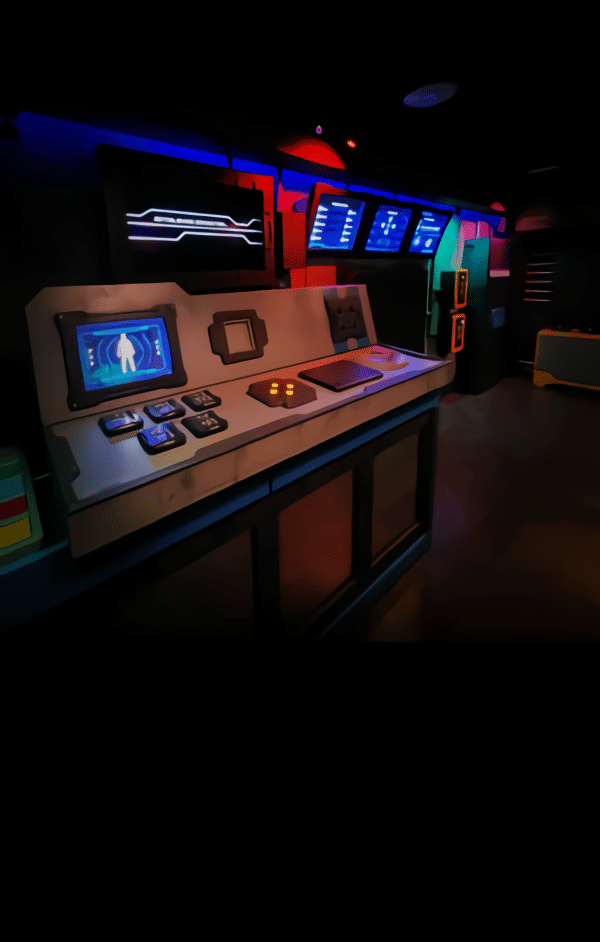Escape rooms offer thrilling, team-based adventures that test intelligence, teamwork, and patience. At Mission Escape Games – NYC, groups come together to tackle immersive challenges that require logic, communication, and creativity. But how do you know if your group is ready to take on the escape room NYC mission escape game? The key lies in preparation, understanding team dynamics, and knowing what to expect from the experience.
Understanding the Escape Room Experience
Before entering an escape room, it’s important to know what you’re signing up for. Each themed room at Mission Escape Games – NYC, such as End of Days A, End of Days B, Hydeout, or Carbon: 3708, offers a unique storyline with different puzzles and challenges. You’ll need to search for clues, solve riddles, and unlock secrets—all under time pressure.
This experience tests critical thinking and teamwork rather than physical strength. The goal is to immerse yourself in the story, stay focused, and collaborate with your team to achieve a shared victory.
Assessing Your Team’s Communication Skills
The success of an escape room hinges on how well your group communicates. If your team can share ideas, delegate tasks, and listen to each other effectively, you’re already off to a strong start.
During the mission, you’ll need to quickly exchange information about clues, patterns, and solutions. Miscommunication can waste precious time. A group that communicates openly and clearly—without dominating or ignoring anyone—stands the best chance of success.
Evaluating Problem-Solving Abilities
Escape rooms challenge you to think differently. Whether it’s deciphering hidden codes or piecing together a series of clues, problem-solving is essential. Groups that enjoy brainstorming and critical thinking tend to excel.
You can gauge your readiness by testing how your group handles smaller puzzles or logic games together. If members are eager to contribute and open to different perspectives, that’s a strong indicator your team will adapt well inside the room.
Managing Group Dynamics and Roles
Every escape room group benefits from balance. Ideally, you’ll have a mix of personalities: the organizer who keeps track of time, the creative thinker who looks for patterns, the logical solver who spots sequences, and the communicator who ties everything together.
Before playing, discuss roles to avoid confusion. Knowing who excels in which area helps the team operate efficiently. If your group works well under shared pressure and doesn’t fall into chaos during stress, you’re ready for the challenge.
Handling Pressure and Time Constraints
One of the biggest tests in the escape room is how your group handles pressure. The clock is always ticking, and every minute counts.
Groups that thrive under pressure tend to stay composed, prioritize tasks, and manage their time efficiently. If your team tends to panic or argue when deadlines approach, you may want to practice keeping calm under stress. A fun way to prepare is by playing timed trivia or puzzle challenges together.
Building Trust Within the Team
Trust is essential in escape rooms. Members must rely on each other’s observations and instincts to progress. When one person finds a clue or solves a part of the puzzle, the rest must believe in their contribution.
If your group already trusts each other in shared activities—like sports, work projects, or creative collaborations—you’ll likely transition smoothly into the escape room setting.
Understanding the Importance of Team Size
Mission Escape Games – NYC offers rooms that cater to different group sizes. A smaller team might find communication easier but may lack diverse problem-solving styles. A larger team brings more ideas to the table but can get chaotic if not managed well.
The ideal size depends on the experience level and dynamic of your group. Make sure everyone has a role to play so no one feels left out or overwhelmed.
Learning to Adapt and Think Creatively
Escape rooms are unpredictable. Sometimes, the clues won’t make sense right away or a path you think is correct may lead to a dead end. Flexibility and creativity are key.
Groups that can adapt quickly, change strategies, and approach puzzles from new angles are the ones most likely to escape successfully. Try activities that encourage out-of-the-box thinking, such as scavenger hunts or brain teasers, to get your group in the right mindset.
Preparing Mentally for the Experience
Mental preparation goes beyond problem-solving—it’s about focus and patience. A distracted or restless team can lose track of clues and waste time revisiting solved puzzles.
Before entering the room, make sure everyone is mentally ready to engage, avoid distractions like phones, and commit fully to the mission. A pre-game briefing or short discussion can help align everyone’s mindset.
Conclusion
Knowing if your group is ready for the escape room NYC mission escape game comes down to teamwork, adaptability, and a shared sense of adventure. When communication flows smoothly, roles are clear, and everyone is mentally prepared, your team will not only enjoy the experience but likely conquer it. Remember, the escape room isn’t just about solving puzzles—it’s about bonding, collaborating, and celebrating each breakthrough together.
Frequently Asked Questions
1. How do I know if my group is ready for the escape room NYC mission escape game?
You’ll know your group is ready when you communicate effectively, handle pressure calmly, and approach challenges with teamwork and creativity. If your team enjoys solving puzzles together and trusts one another, you’re well-prepared for the experience.
2. How many players can participate in one escape room at Mission Escape Games – NYC?
Each game accommodates different group sizes, generally ranging from small teams of 2–4 players to larger groups of up to 10. It’s best to check the specific room details before booking.
3. Are first-timers able to succeed in the escape room?
Yes. Mission Escape Games – NYC designs its rooms to be accessible for beginners while still challenging. Teamwork and communication matter more than experience.
4. What should we do if we get stuck on a puzzle?
If your team gets stuck, don’t panic. The game master can provide hints to keep you on track without spoiling the fun. Staying calm and revisiting earlier clues can also help reveal what you missed.
5. How can we prepare for our first escape room experience?
You can prepare by practicing teamwork games, brushing up on logic puzzles, and discussing communication strategies. Arriving early, listening carefully to the briefing, and maintaining an open mindset will help ensure a smooth experience.









